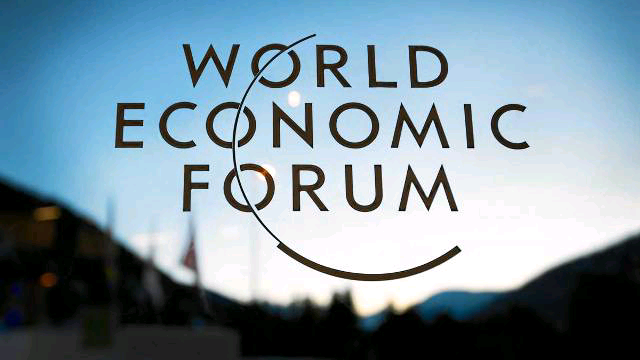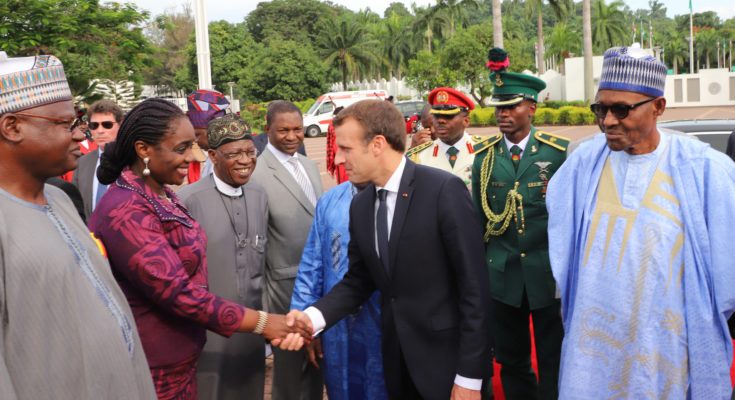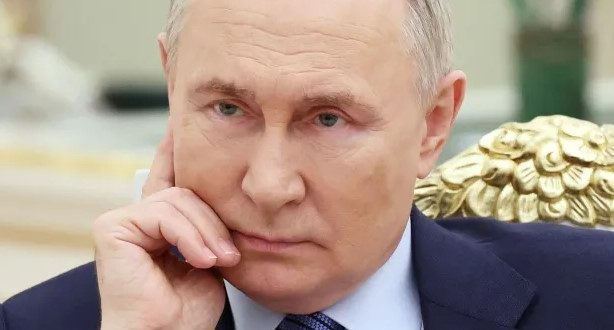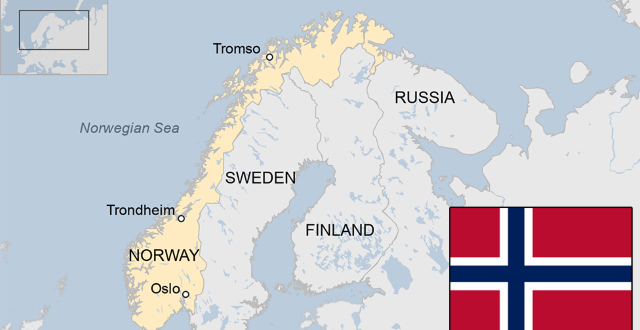- Top bosses from Microsoft, Uber, Pfizer, Saudi Aramco, others in town
BY AGENCY REPORTER —The war in Ukraine and threats of a global recession would dominate the World Economic Forum (WEF) as it kicks off its first full day in Davos on Tuesday.
Following remarks by Klaus Schwab, who founded the forum in 1971, the spotlight of this year’s Europe-heavy conference turns to European Commission President Ursula von der Leyen.
The continent is grappling with overlapping crises, above all the consequences of Russia’s invasion of Ukraine and a painful mix of high inflation and weak growth.
Ukraine’s First Lady Olena Zelenska is also scheduled to deliver a message to the hundreds of political leaders, policymakers and chief executives gathered in the Swiss ski resort town.
Ukrainian Economy Minister Yulia Svyrydenko is also due to participate on Tuesday, as the leader of one Kyiv’s fiercest allies, President Andrzej Duda of Poland.
He recently promised to send Ukraine Leopard battle tanks.
Chinese President Xi Jinping is not taking part this year, but Vice Premier Liu He was on the morning programme.
Spanish Prime Minister Pedro Sánchez, Finnish Prime Minister Sanna Marin and Ngozi Okonjo-Iweala, the head of the World Trade Organisation, were also on deck.
The cost of living crisis, plus the associated energy and food supply crunches were the world’s biggest short-term threats.
The WEF warned leaders in its annual Global Risks report, as most economists were forecasting a worldwide recession in 2023.
MAJOR POWER PLAYERS STAY AWAY
A record number of national leaders are in the Swiss ski resort of Davos this week, but the high-profile names who won’t be gracing the snowy streets are also attracting attention.
German Chancellor Olaf Scholz is the only Group of Seven (G7) leader scheduled to attend the 53rd annual meeting of the World Economic Forum (WEF).
U.S. President Joe Biden is staying put, along with British Prime Minister Rishi Sunak and French President Emmanuel Macron.
Other power players outside of the G7 advanced economies are not bothering either, most notably Chinese President Xi Jinping and Brazilian President Luiz Inácio Lula da Silva, who has vowed to put his country back on the world stage after the isolationist years of far-right president Jair Bolsonaro.
As large parts of the world suffer from rising food and fuel prices and the global economy appears perched on the edge of recession, presidents and prime ministers may have decided that a sojourn in Switzerland would be a bad look back home.
Some have cancelled at short notice: South African President Cyril Ramaphosa, for example, had been one of the 52 political leaders on the forum’s list of attendees, but scrapped the visit due to the ongoing energy crisis that has left many citizens in the dark.
For the past several days, roughly 60 million South Africans have had to cope without electricity for eight hours every day. South Africa relies for nearly 80 per cent of its energy generation on ageing coal-fired power plants, which are increasingly prone to breakdowns.
As the five-day gathering of the world’s elite officially got started on Monday under the motto “Cooperation in a Fragmented World,” it was announced that Ukrainian President Volodymyr Zelensky would address the forum by video link like last year.
At that time, he demanded more sanctions, an embargo on oil, and for Western businesses to completely pull out of Russia, all of which he has just about got.
The president in recent months has been imploring his allies for more fire power, including the Western-built battle tanks seen as crucial to recapturing ground held by Russia.
Russian President Vladimir Putin will not be speaking.
Elon Musk, the most talked about billionaire on the planet, said he was staying far away because the event – featuring dozens and dozens of panel discussion about issues ranging from monetary policy and geopolitical hotspots, to renewable energies and public health – “sounded boring.”
Still, organisers say that more than 1,500 business leaders from all industries will be present, including top bosses from Microsoft, Uber, Pfizer, Saudi Aramco and a slew of financial institutions.
Salesforce co-CEO Marc Benioff, who sits on the World Economic Forum’s Board of Trustees, will be in attendance after making headlines for cutting 10 per cent of the company’s workforce, amounting to thousands of employees.
The WEF has always been a place to promote global trade and open markets – both of which have come under major strain since the outbreak of the coronavirus pandemic.
Inflation and a looming global recession dominate Davos this time.
There are 56 participating finance ministers, 30 trade ministers and 19 central bank heads.
But here, too, big names were missing from the programme, like U.S. Treasury Secretary Janet Yellen.
NATO Secretary General Jens Stoltenberg will speak, as will former U.S. secretary of state Henry Kissinger.
The 99-year-old’s topic is “historical perspectives on war.”
But star investor George Soros, a much-celebrated regular at Davos and a major proponent of globalisation, is travelling to the conflict-focussed Munich Security Conference next month instead.














